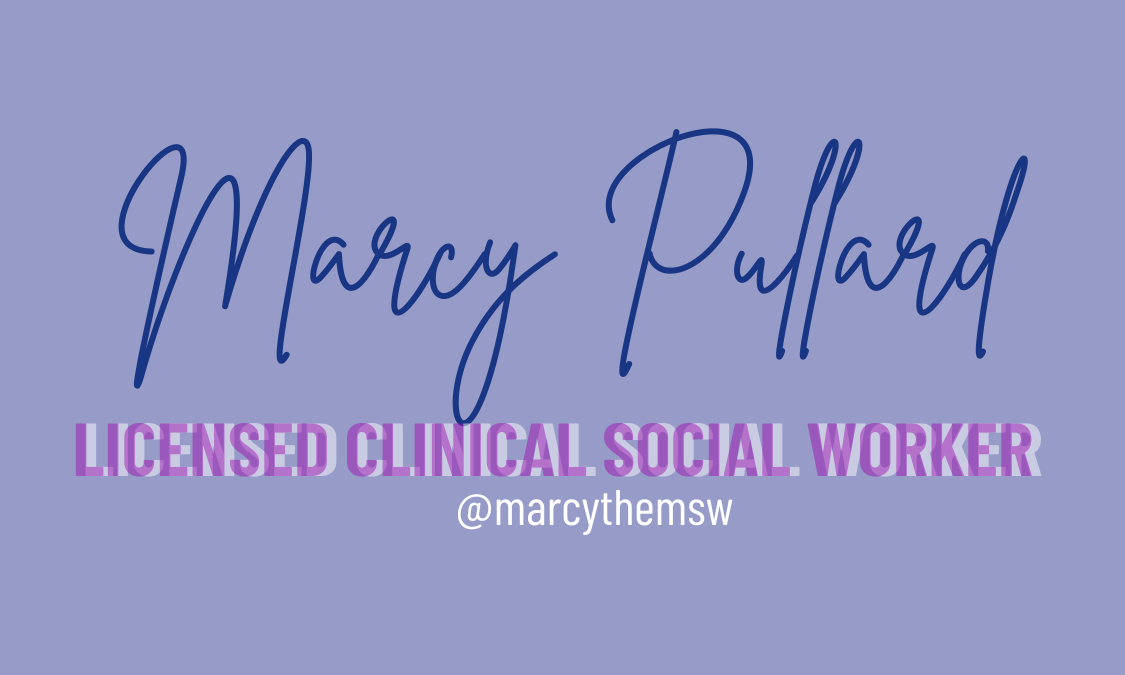Tighten up Your
Clinical Skills
What you'll learn here is NOT offered in academic programs! Here you will get the in/outs of assessment, crisis intervention, documentation and much more.
Most courses are virtual, but my signature course, The Essentials of Documentation is offered in multiple formats 1) a self-paced, hybrid asynchronous course, 2) live virtual, and 3) in-person. All are approved by ASWB for CE credits.
The Strategies for Success in Social Work (SSSW) monthly membership training program is designed for current students and recent graduate. What you learn in SSSW will help address the gap between your academic program and your practicum or professional practice.
Explore the courses and register. More courses are coming soon. Follow MarcytheMSW on IG and TikTok to learn about upcoming trainings, some of which are FREE.
Quality Documentation Offers Several Benefits to Mental Health Professionals and Their Clients
Enhanced Communication
Accurate and thorough documentation allows for effective communication between clinical social workers and other healthcare professionals involved in a patient's care. It ensures that critical information is shared, reducing the chances of miscommunication and improving collaboration.
Legal and Ethical Compliance
Documentation plays a crucial role in regard to compliance. In cases of ethical complaints or legal matters the documentation is subject to review. Quality documentation adheres to professional standards, policies, and regulations and should include certain information to meet industry standards.
Continuity of Care
Documentation provides a comprehensive record of a patient's history, assessments, treatments, and progress. When different social workers are involved in a patient's care, proper documentation helps them understand the patient's background and needs, ensuring consistent and coordinated care.
Accountability and Quality Assurance
Accurate documentation helps clinical social workers demonstrate accountability for their actions and decisions. It serves as a record of the services provided, enabling quality assurance and evaluation of outcomes. Documentation also assists in tracking any deviations from standard protocols or potential areas for improvement.
The Essentials of Documentation
Current students have found the course to be a valuable supplement to their classroom and internship experiences. Recent graduates have shared that they wished they had known about the course prior to graduation and starting the process of seeking employment. New and experienced supervisors express appreciation for the professional development and information they can utilize and share as they supervise newcomers to the profession.

